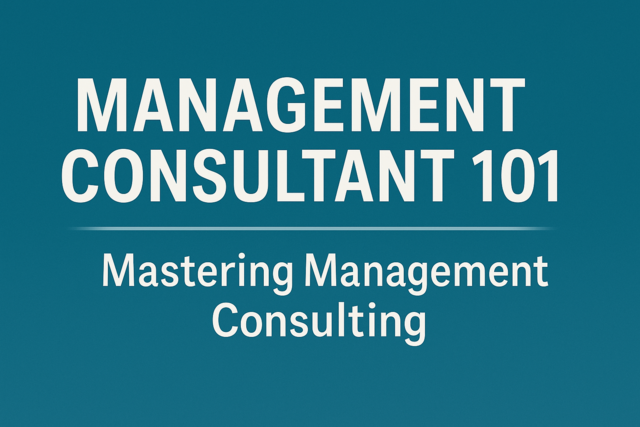Mastering Sales Skills 101
Unlock Your Potential: Transform Leads into Success with Confidence and Skill

5 Hours average completion time
0.5 CEUs
19 Lessons
38 Exams & Assignments
122 Discussions
19 Videos
21 Reference Files
150 Articles
Mobile Friendly
Last Updated January 2026
Elevate Your Sales Craft: Mastering the Art of the Deal
Sales aren't just transactions; they are the heartbeat of every flourishing business. From your morning latte purchase to closing a game-changing business deal, sales are the gears that propel our economy forward. Introducing "Mastering Sales Skills: How to be a Successful Salesperson," a meticulously crafted course to transform you into a sales powerhouse. This isn't just another course; it's your ticket to be the invaluable asset every organization craves.
Every business, regardless of size or industry, stands to benefit from refined sales acumen. Our program goes beyond traditional sales methodologies, diving deep into the psychological and strategic underpinnings of successful selling. You'll be equipped not just to sell, but to sell with purpose, aligning impeccably with your client's deepest desires and aspirations.
Embark on a sales odyssey through our 19 comprehensive lessons that touch every facet of the sales universe:
-
Developing a Sales Personality: Uncover the intrinsic qualities of a top-tier salesperson.
-
Why Confidence Makes the Difference: Illuminate how self-belief can radically transform outcomes.
-
Seven Critical Factors for Success in Sales: A deep dive into the pillars that ensure sales excellence.
-
How Small Differences Accelerate Growth: Understand how nuanced changes can drive exponential results.
-
Knowing What You Have: A strategic inventory of your sales assets and tools.
... and 14 other incisive modules that will shape your sales journey.
We'll guide you in analyzing sales opportunities, decoding buying cycles, formulating unbeatable sales strategies, and navigating the complex web of competition. Recognize golden opportunities and stay miles ahead of the curve, dominating even in fiercely competitive markets.
But that's not all. Beyond individual sales prowess, learn to galvanize an entire team, fostering a sales-centric culture that amplifies collective results. Discover the magic of customer-centric selling, ensuring not just a sale but forging bonds of unwavering customer loyalty.
Our course marries rich sales theory with real-world examples. Engaging exercises, thought-provoking quizzes, and an arsenal of additional resources ensure a holistic learning experience. By the time you reach our comprehensive conclusion, you'll be equipped, empowered, and enthused to conquer any sales challenge that comes your way.
Step into the world of sales mastery. Whether you're igniting a personal passion or turbocharging a professional path, "Mastering Sales Skills: How to be a Successful Salesperson" is your guide to greatness. Join us on this transformative journey and watch as every door becomes an opportunity waiting to be unlocked.
- Turning objections into opportunities
- Principles for thriving in sales
- Harnessing confidence for transformative success
- Strategic communication for customer commitment
- Empowering sales through talent acquisition
- Leveraging social media for customer relations
- Building trust with integrity
- Instilling lasting customer rapport
- Crafting unique selling personas
- Adapting through technology in sales
- Mastering closing techniques with precision
-

The Art of Setting Goals
-

Strategic Planning
-

Customer Relationship Management
-

Creating an Effective Sales Team
-

Kaizen 101 - An Introduction
-

Mastering Sales Skills 101
-

Photography 101: Beginner to Intermediate
-

Retail Mastery: Crafting a Business That Stands Out
-

Legal Terminology 101
-

Management Consultant 101
-

Habits of Millionaires
-

Business Credit 101
-

Business Ethics
-

Bible Stories: Explore Life Lessons and Adventures
-

American Wars: American Revolution and Civil War
-

Marketing 101
-

Business Analysis
-

Organizational Behavior in Business
-

Humor Writing 101
-

Advertising, Marketing and Sales Writing
-

Marketing Outreach
-

Product Management 101
-

Business Branding 101
-

Community Development 101
-

Motivational and Public Speaking
